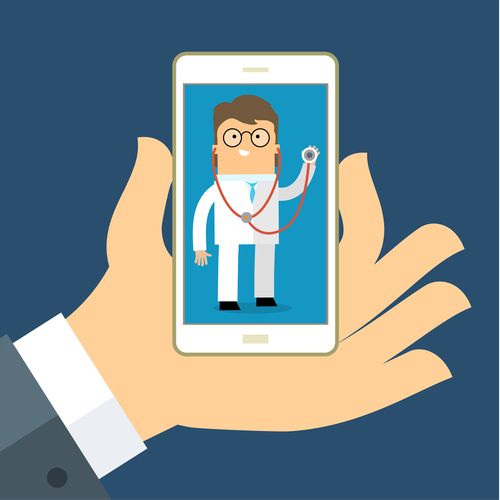How mHealth Tech Is Helping Stroke Recovery

Each year, nearly 800,000 people experience a new or recurrent stroke—an attack on the brain caused by a loss of blood flow, which can result in disabilities such as memory loss, speech impairment, and limited mobility.
During a stroke, brain cells lose the blood flow they need to stay alive. When brain cells die, it can cause permanent disability, depending on how serious the stoke was and in what area of the brain blood loss occurred.
More than two-thirds of stroke survivors will experience some type of disability. For patients recovering from a stroke, therapy is one way to improve the cognitive functions that are often disabled after a serious attack.
Mobile Tech Improves Stroke Recovery
In a recent study conducted by Constant Therapy, researchers found that stroke survivors who engaged in at-home therapy featuring customized brain rehabilitation software, like an app, increased their cognitive, speech accuracy, and processing speed during recovery.
Each stroke is different, and each survivor will need different therapy to reconstruct or reconfigure the areas of the brain that suffered damage during the stroke. Constant Therapy has designed an app that allows doctors and caregivers to customize the treatment plan to focus on the different brain areas that control specific brain functions.
The company analyzed 20 million therapy exercises, as well as 100 million data points. Combining this big data with a mobile platform will continue to improve the customization capabilities of the mHealth program.
“The more data we collect, the better our algorithms become,” said Keith Cooper, CEO of Constant Therapy.
Plus, having the therapy available in an app, and for various mobile devices, allows patients to maintain therapy programs at home, not just while they’re in the hospital.
Stoke survivors that incorporated at-home therapies, like Constant Therapy’s app, received 5 times more therapy than those only receiving therapy at a clinic.
The more survivors engage with the app, the faster and more thorough their recovery. Processing speed in language and cognitive exercise increased more than 80 percent for patients who completed more than 500 experiences on the mHealth app.
mHealth to the Recue
Commonly referred to as mHealth, mobile technology affords both providers and patients more control over their wellness plans, before and after a catastrophic event like a stroke, heart attack, or other serious medical emergency.
In fact, it’s estimated that the mHealth solutions market will be worth nearly $60 billion by 2020. This includes an explosion of growth in a number of mobile services focused on monitoring, managing, diagnosing, and recovery therapies for patients and providers.
The risk of stroke can be reduced by regular exercise, eating well, not smoking, and monitoring blood pressure and cholesterol. Unfortunately, stokes can happen to just about anyone without warning.
The good news is that we’re getting better at helping survivors get back to normalcy. And with mHealth solutions, you can engage in these treatments from the comfort of home.


